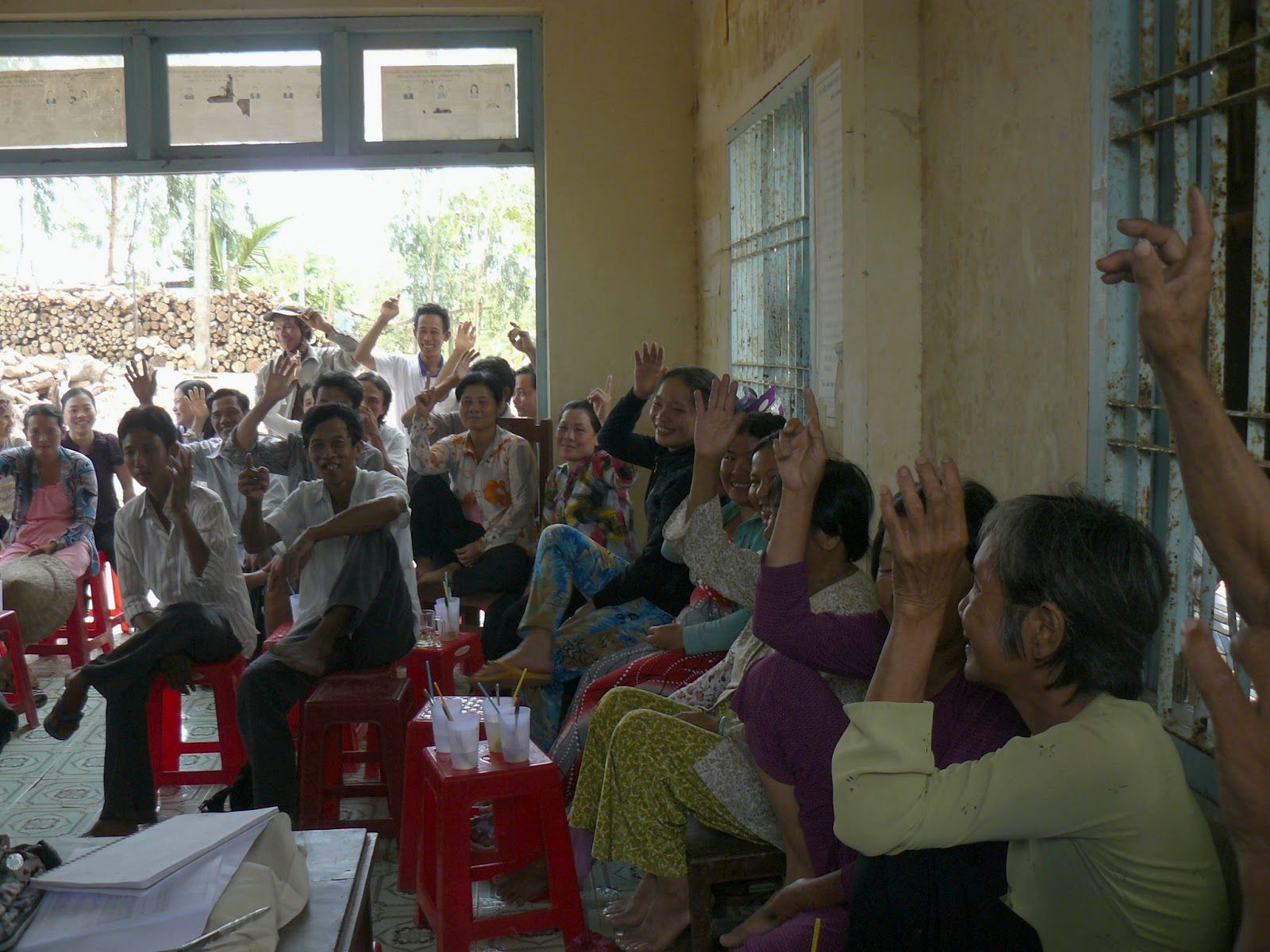The negotiation process consists of three key aspects:
- Organizing for partnership: this starts with consultation with all stakeholders about the co-management concept. When they understand and see the need to create the co-management partnership among actors, they should be organised to be ready for the negotiation of the agreement. The organisation aspect is essential to turn passive individuals in the community into an organised group with a common vision and to ensure high level of participation.
- Negotiating the co-management agreement and shared governance institution: This is the practice of power sharing among actors. Through negotiation, different actors express their concerns and contribute their ideas on how natural resources should be managed and conserved. Governance issues such as who can make decisions and what responsibilities and accountabilities are for each actors are also negotiated.
- Learning by doing: the negotiation process is not a linear process but spiral loops of implementing the agreement, sustaining the functioning of the shared governance institution, continuing the monitoring and reviewing of their results and impacts through time and providing inputs for renewal of the agreement.

